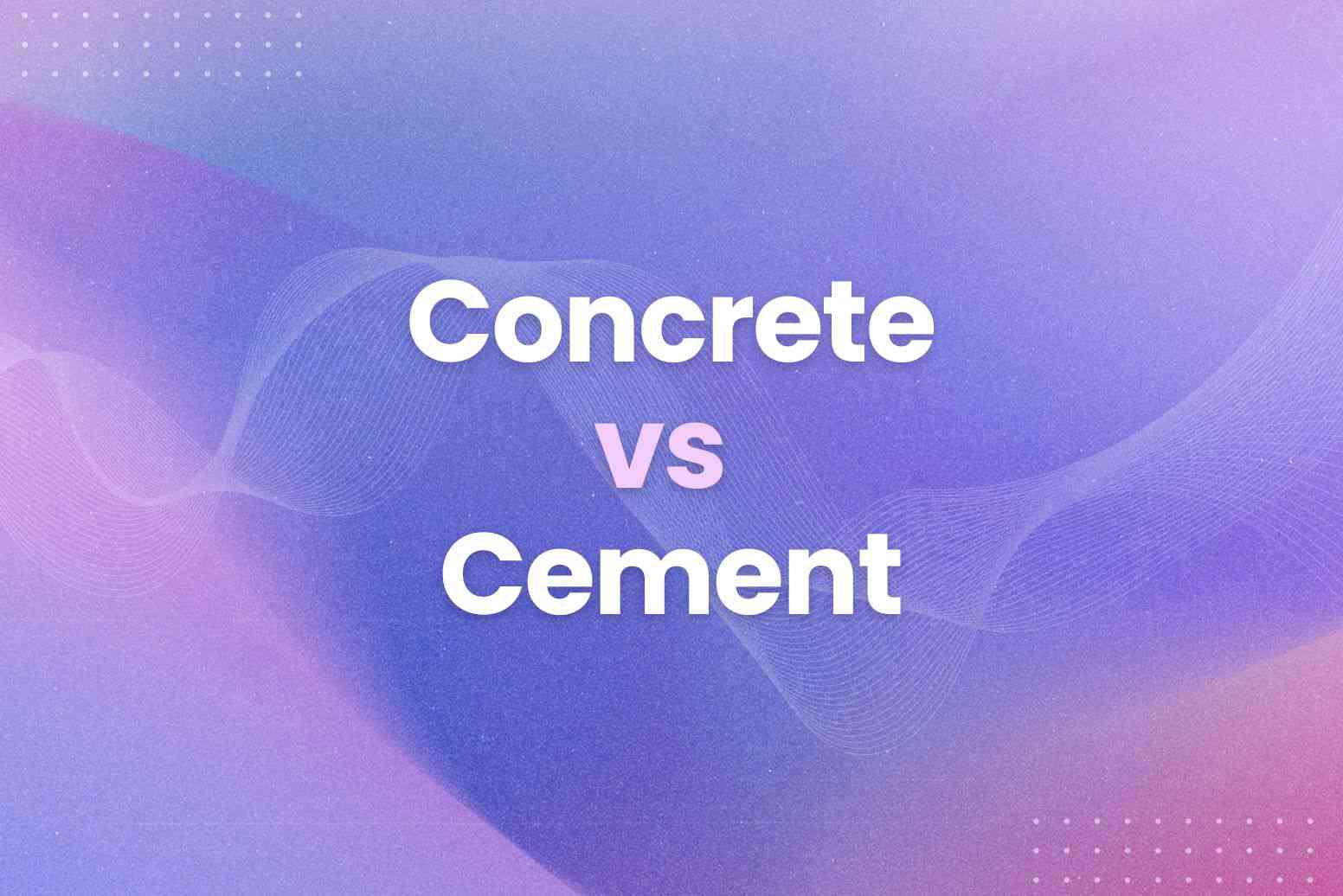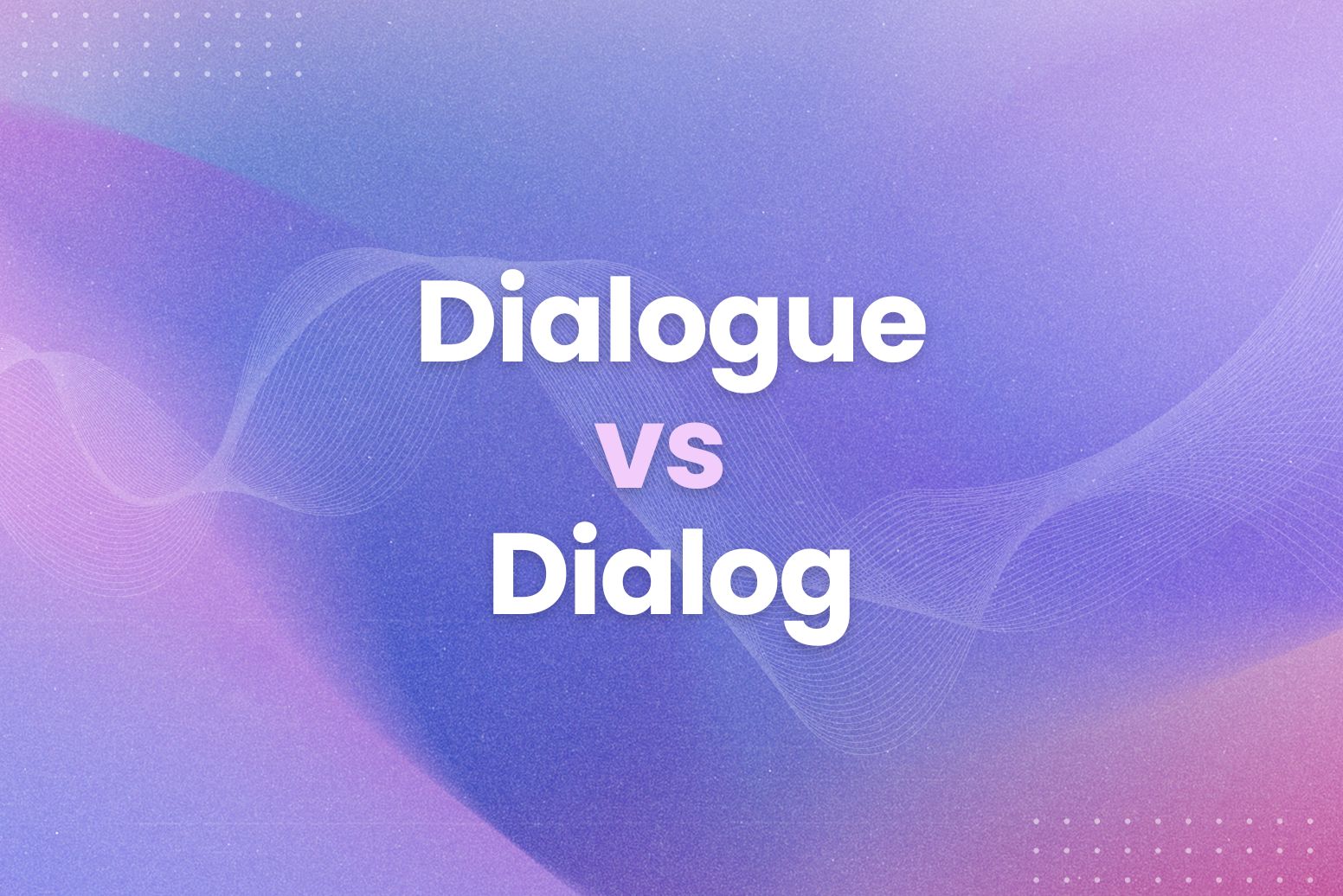Have you ever wondered what the differences are between concrete vs cement? Have you found yourself using these two terms synonymously? Cement and concrete are two products that are similar enough to use that way, but ultimately, they’re different. This article will use these two words to paint a broader picture of properly using (or avoiding misusing) synonyms and synecdoches.
Modern-day construction uses concrete for cellars and foundations rather than cement; the two have multiple differences. However, if someone were to use the term cement, say, if they were talking to someone about their basement, the listener would know exactly what they’re talking about and wouldn’t think anything of it.
The point? Some words can be used synonymously, allowing listeners or readers to follow along on a surface level. But the more a topic is drilled down upon, the more important it becomes to use more precise language. For example, someone talking about their basement to a friend is much different than a purchasing agent ordering materials to pour a foundation. The friend wouldn’t care about the differences between concrete and cement, as it doesn’t matter in this context. But if the purchasing agent were just as flippant with their language, there’d be no shortage of problems that would arise. There is much to be said about the importance of effective communication.
Such terms can be used synonymously, but it doesn’t mean they always should. Context is key. Whether in a casual conversation, written work, or professional situations, properly weigh when it’s appropriate to loosen up on language.
What is the Difference Between Concrete vs Cement?
Since these two words are what we’re using as an example, it’s good to know their differences.
What is Cement?
Cement is a combination of clay and limestone ground into a powder. And it becomes active as a binding agent when water is applied. Calcium, sand, silicon, iron crushed rocks, and aluminum compounds are often added into the mix, increasing its strength while broadening its application. Its versatility and strength are why cement is so commonly used in construction projects.
What is Concrete?
Concrete uses Portland Cement as one of its main ingredients due to its binding properties. ut it also includes aggregates like gravel, sand, and crushed stone. Like cement, water is added until the consistency is that of a paste. Concrete is considered an official building material.
What is a Synecdoche, and How Does It Apply to these Terms?
A synecdoche (suh·nek·duh·kee) is a common figure of speech that takes a specific piece of an object to describe its whole. One example of a synecdoche could be, “My Mother sets a great table.” The user isn’t referring to the table itself, but the settings, the meal, the whole thing. For another, “Having boots on the ground” doesn’t refer to literal boots being on the ground but refers to the people occupying them.
Cement as a Synecdoche
Cement can be used as a synecdoche as it is an element used in concrete- a part of the whole. A person might say they need to grab some cement to fix their walkway, knowing they’ll pick up concrete to do the job.
Concrete as a Synecdoche
An example of using concrete as a synecdoche would be referring to a concrete building. Many other materials are involved in a “concrete building,” such as rebar, steel beams, windows, doors, etc. However, the reader or listener gets the idea without getting into such detail.
Using Concrete and Cement as Synonyms
Sometimes, as displayed in the introduction of this article, people use cement vs concrete synonymously. But, both of these words are often used as synonyms in the place of other words.
“The idea was cemented at the meeting.”
In this example, “cemented” is being drawn upon for its binding properties, denoting how the “idea” mentioned in the sentence was finalized, established, or mutually agreed upon.
“The defendant faced a mountain of concrete evidence stacked against him.”
Above, “concrete” highlights the quality of the evidence akin to its properties. Knowing the nature and properties of concrete, we get the idea that the evidence is solid, hard, immovable, tangible, without any variance, or even physical. To rephrase, the defendant is in a lot of trouble.
Bypassing Complexities of the English Language
As you might have noticed, much can be said about using just two words, in this case, concrete vs cement. Words can weave a tapestry when used properly or create a disconnect, lack of focus, or confusion when used inappropriately. Using AI for your projects can help you cut through all of the intricacies of written communication, helping you avoid misusing words that heavily rely on being understood contextually. Arvin All-in-one AI Assistant can keep your communication as effective as possible and as on point as you’d like.

Frequently Asked Questions
When someone does this, they are either misusing the word, ignorant of the physical differences between the two, using it as a synecdoche, or synonymously. It all depends on what the person’s intent may be. If that person leaves one wondering what they’re talking about or why they’re saying one thing rather than another, they might just be rusty in their communication skills. Clarity is key when telling a story, whether verbally or through writing, but words like cement and concrete are often interchanged by people who may not know the differences between the two.
When writing (or communicating in general), structuring information in its proper context will inform the reader or listener what direction to take the words being used. Context reveals meanings to words being used as figures of speech or synonyms. Without structuring content within the bounds of context, sentences lose sense and are no longer effective.
AI doesn’t automatically “know what you mean” when asked to perform a task. Providing context to the best of your ability will greatly enhance the AI’s response in terms of writing. The better explained the context is, the better and more precise the information the AI generates.








